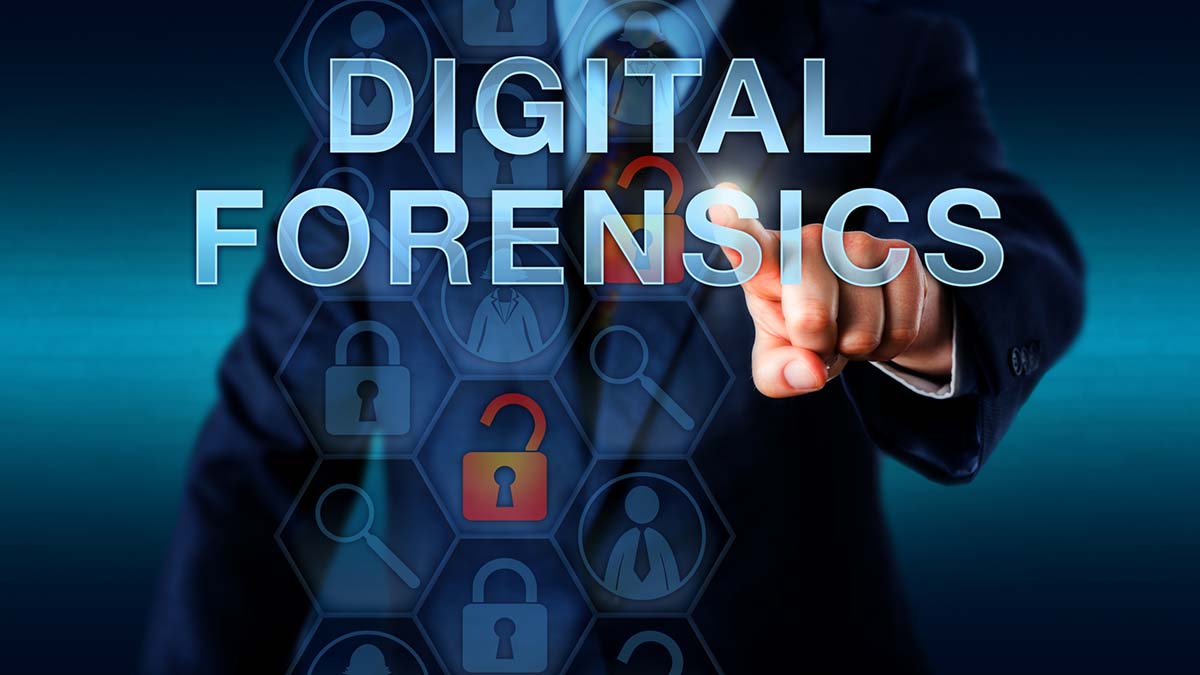In the past, federal agents and prosecutors have sought subpoenas and search warrants that authorize the seizure of every electronic device at the location to be searched – computers, servers, external hard drives and cell phones. This policy has resulted in an exponential growth in seized data to be reviewed and turned over in discovery. After several high profile cases exposed the Department of Justice’s failures in processing and timely disclosing seized data to the defense, the DOJ has told U.S. Attorney’s Offices around the country to collect less evidence.
DOJ officials disclosed this new emphasis in an interview with Bloomberg Law. In a program set to launch later this year in mandatory training for more than 6,000 federal prosecutors, DOJ will instruct them to be more selective in the evidence sought and seized. This controversial policy shift will emphasize a “smart collection” approach in DOJ’s annual discovery training.
As with most new policies, some veteran prosecutors are pushing back claiming that the new policy could result in missing valuable evidence, result in less than thorough investigations, miss exculpatory information and is generally not in the government’s best interests.
For its part, DOJ readily acknowledges that it is a constant struggle to fund and find the software and personnel needed to store and analyze the volume of electronic evidence seized. DOJ requested $27 million for U.S. Attorneys offices for the next fiscal year for “e-Litigation modernization”, including 52 new positions and technology upgrades. DOJ already has a $1.5 billion e-discovery vendor services contract awarded in 2020 that is set to expire in 2027.
Despite the massive amount of money, search platforms and personnel devoted to electronic discovery, there have been a plethora of cases that have revealed DOJ’s failure to timely analyze and turn over discovery to the defense. And when discovery is turned over, often times it is in a massive dump in an unusable format that the defense must then retain its own experts to load onto costly search platforms. By tailoring government searches of electronic devices, the government acknowledges that its past practice of grabbing every bit of data is impractical and unworkable. While the government claims that it is at a disadvantage to well-funded big law and corporations in reviewing large amounts of electronic data, the reality is that most individuals charged in federal fraud cases are the ones at a disadvantage. The vast majority of defendants cannot afford the costs of web-based search platforms and 100s or 1000s of hours it takes to search and review potentially the electronic data. Data that may be critical defense evidence that may go undiscovered.
Stahl Gasiorowski Criminal Defense Lawyers have successfully represented hundreds of individuals under complex federal and state investigations with terabytes of discovery. To contact the firm’s NJ office, call 908.301.9001 and to contact the firm’s NYC office, call 212.755.3300, or email Mr. Stahl at rstahl@stahlesq.com.



